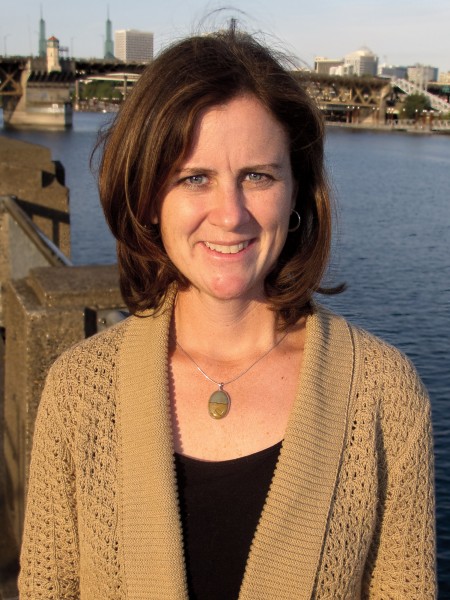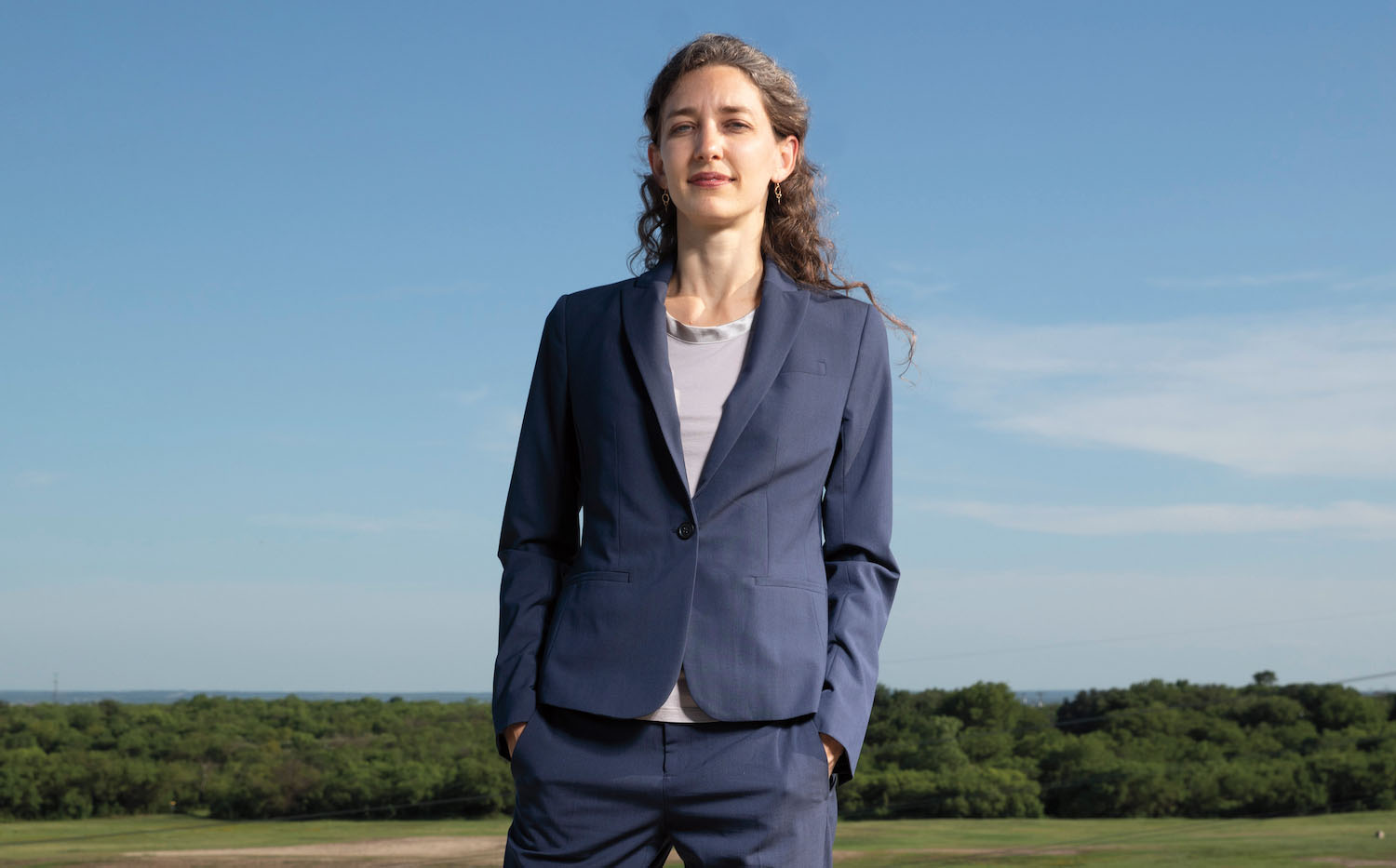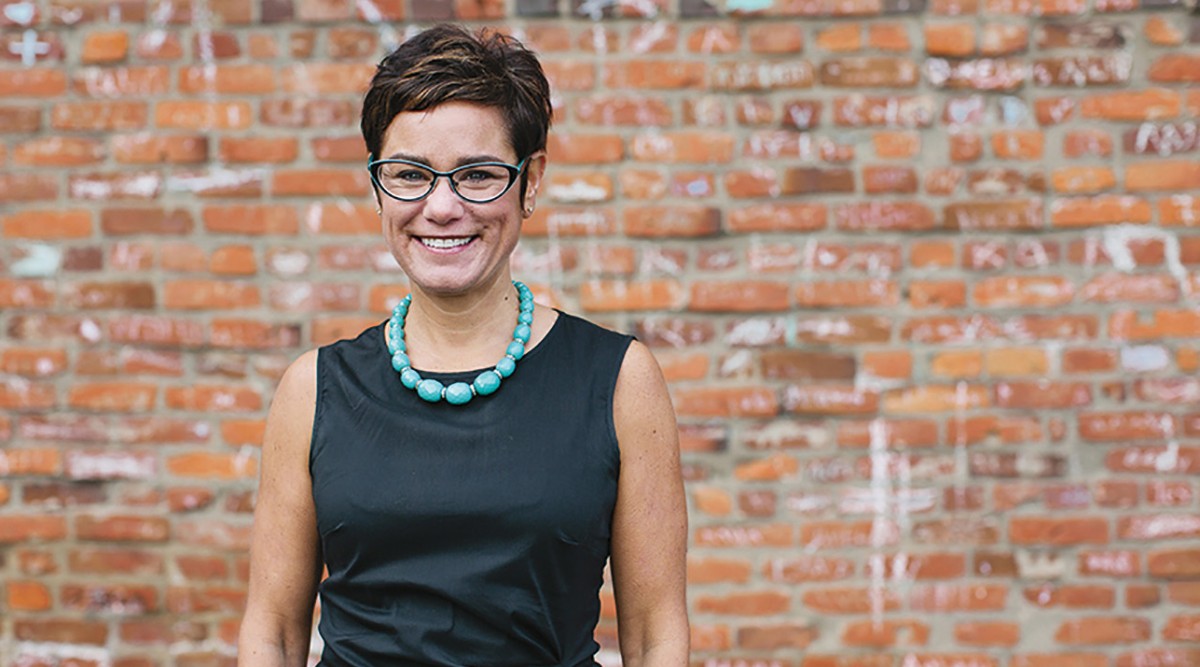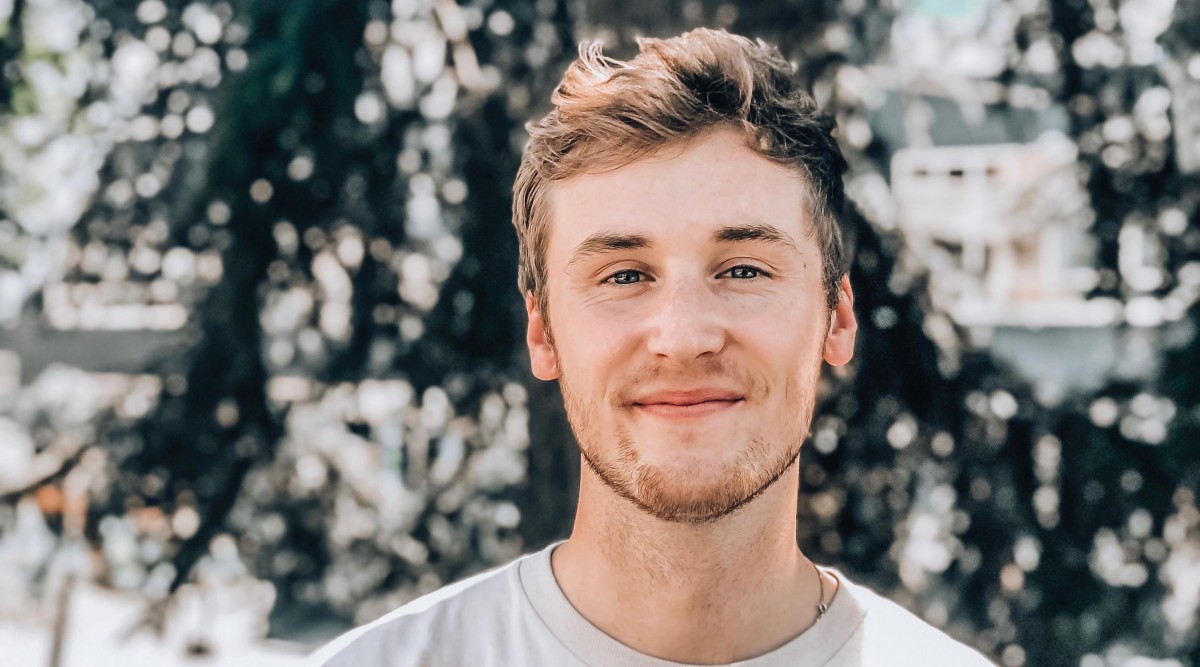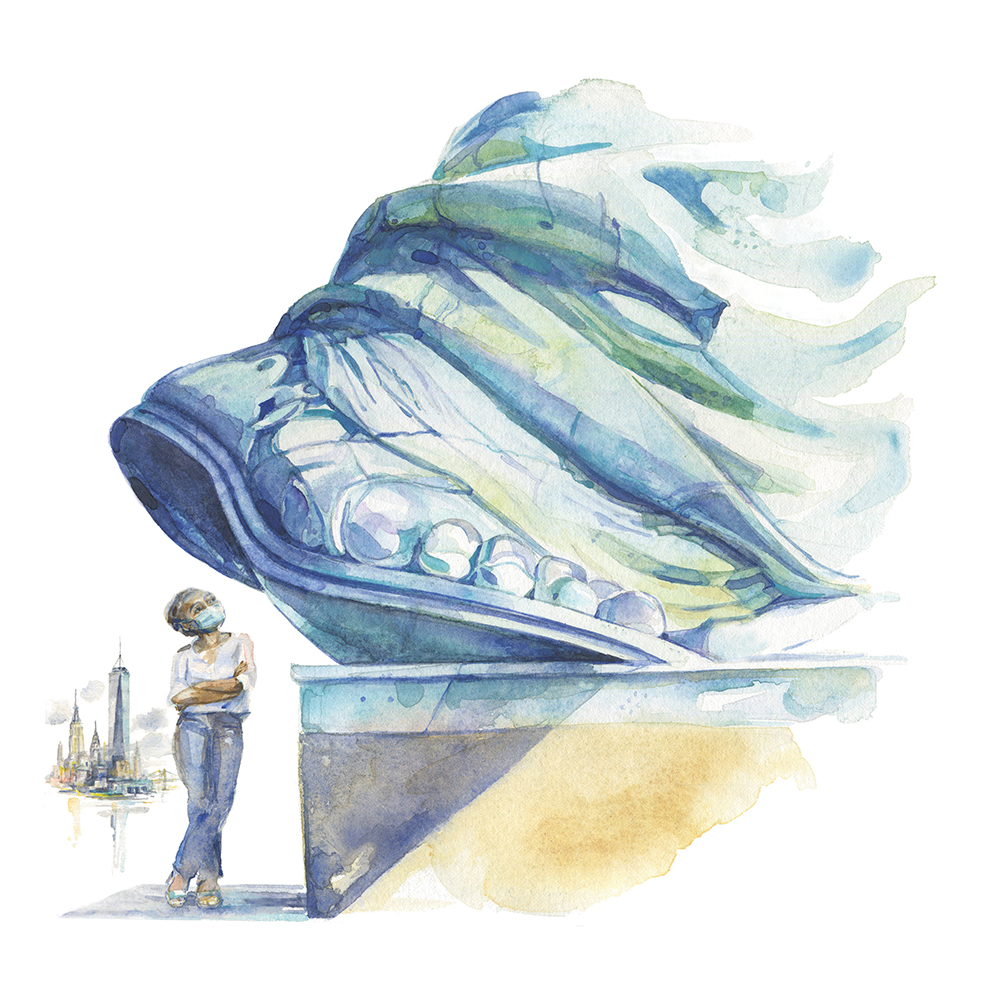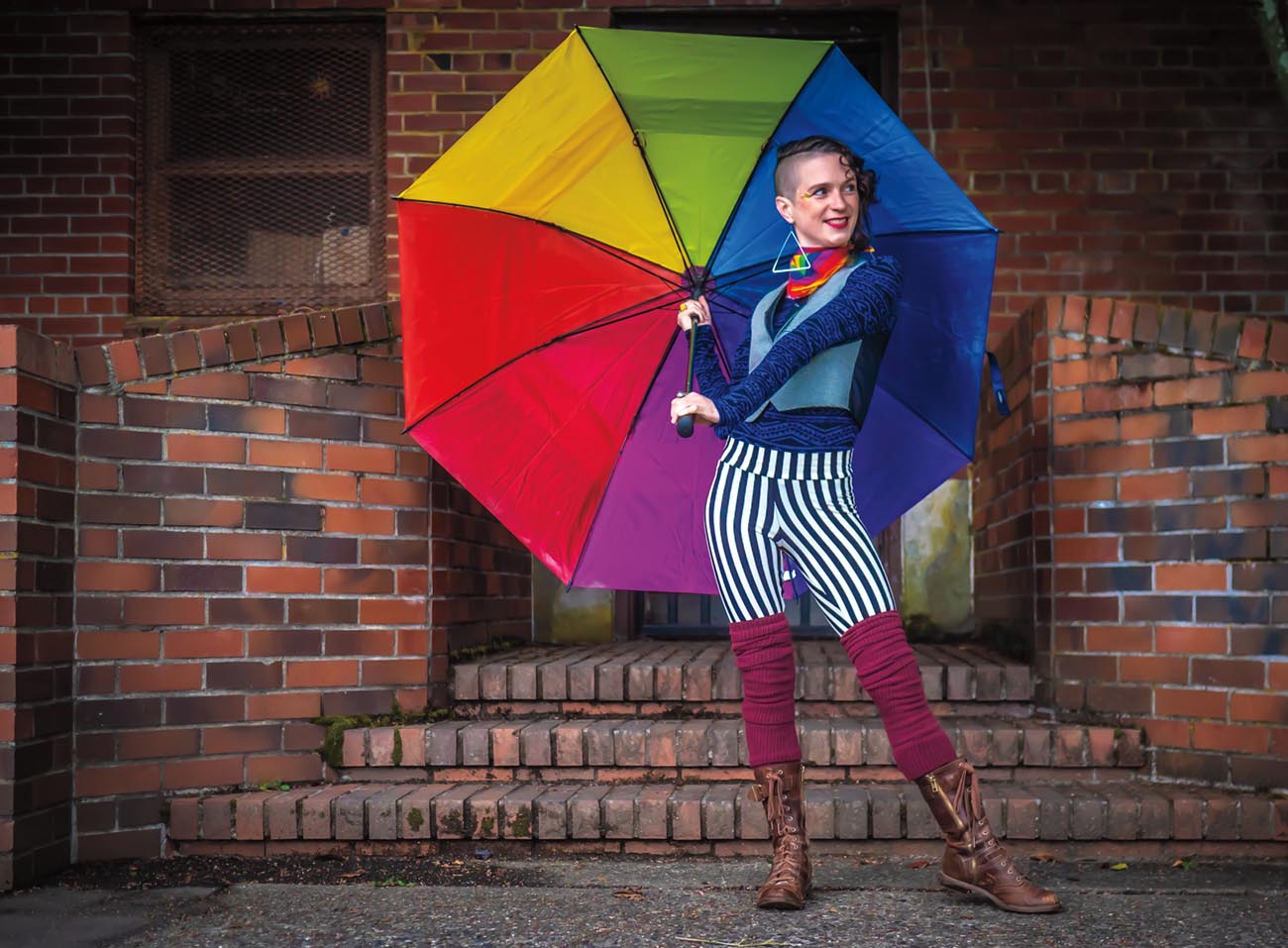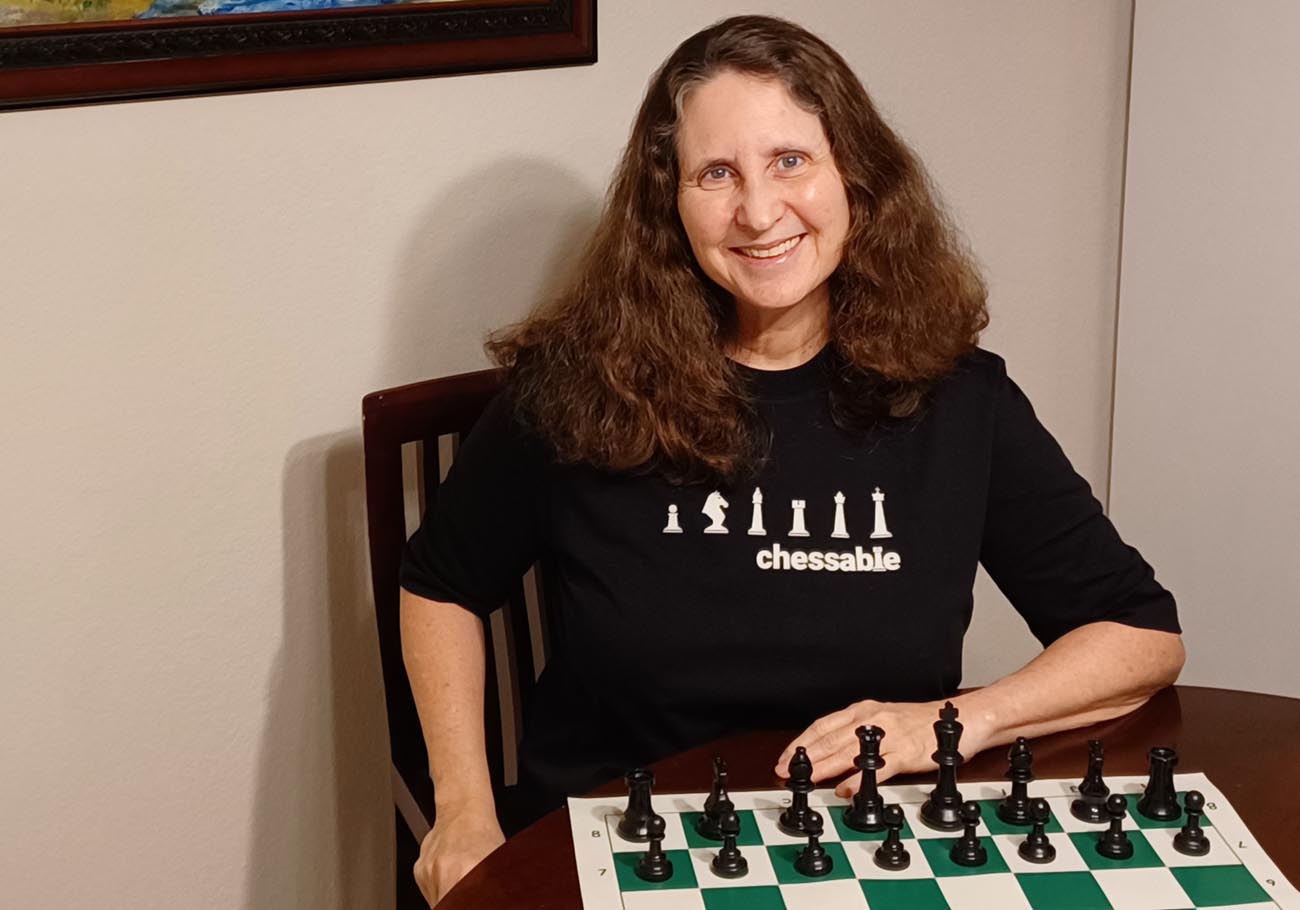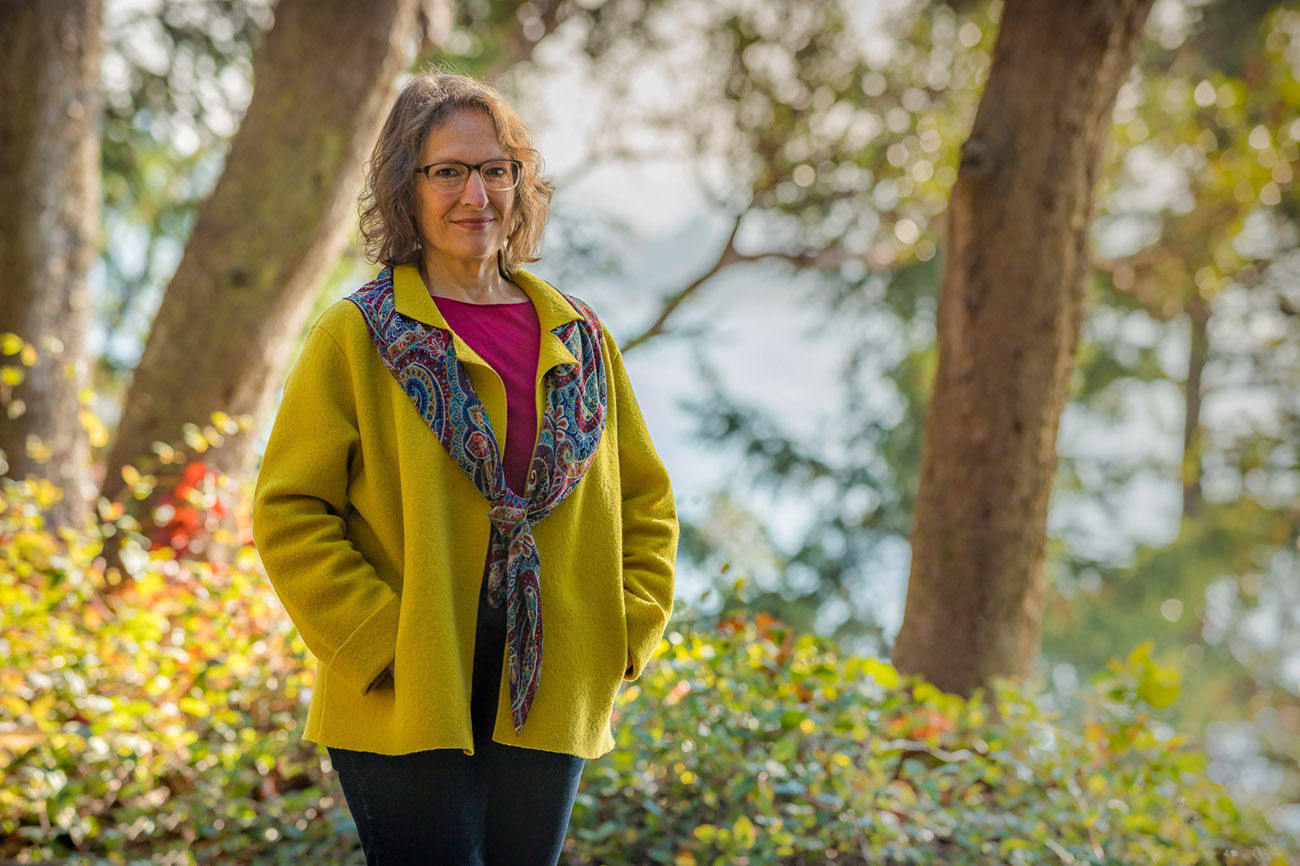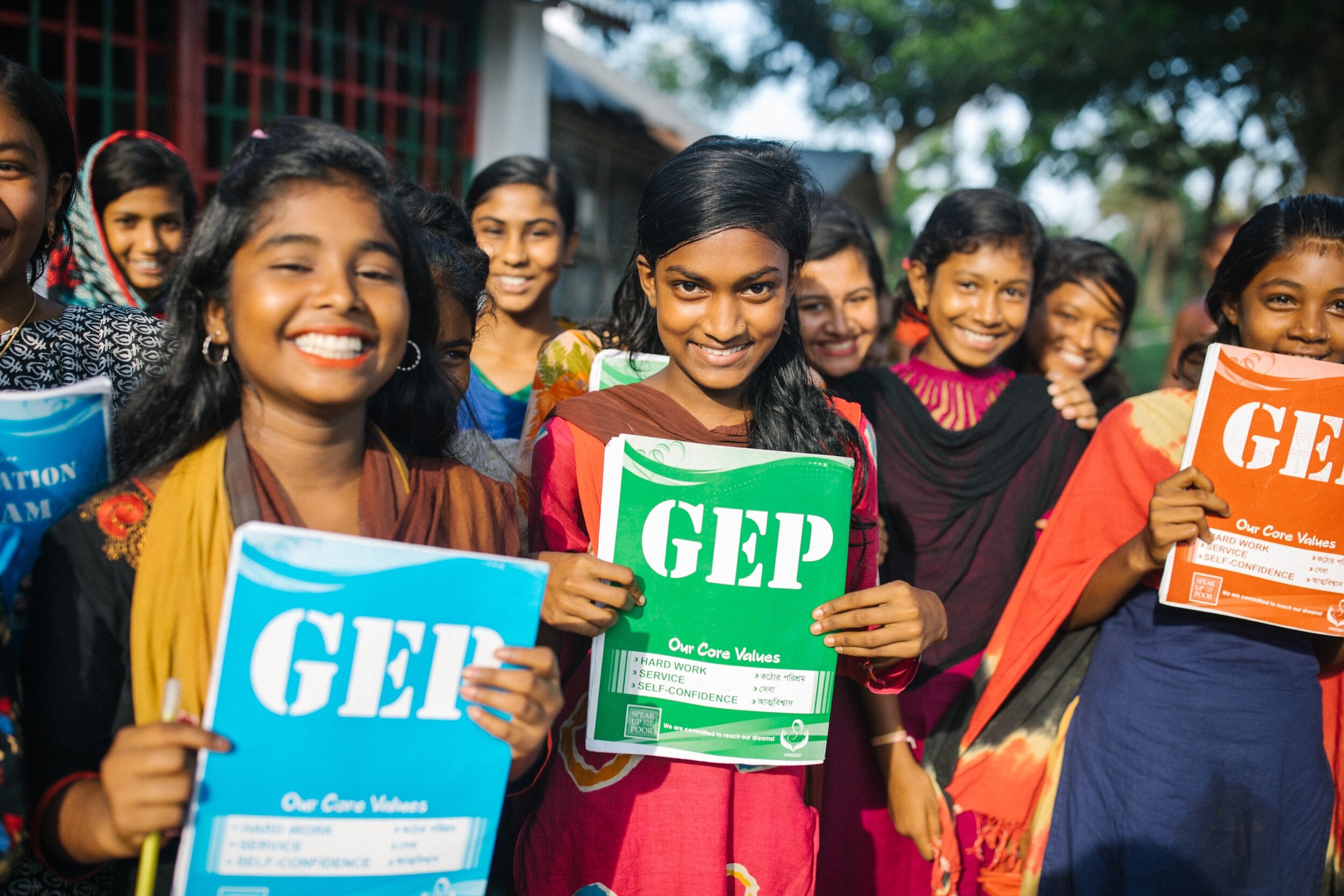When Meg Garvin ’91 saw a job listing seeking a victims’ rights lawyer for the National Crime Victim Law Institute at Lewis & Clark Law School, she’d never heard of victims’ rights.
It was 2002, and the NCVLI had just received federal funding in order to test the theory of whether crime victims having lawyers could give them more voice in the criminal justice system. Meg, who had been the victim of a crime herself when she was held up at gunpoint in law school, was instantly intrigued. She quit her job at a law firm in Minnesota and moved across the country to work for the institute in Portland, Ore.
Today, Meg is the executive director of the NCVLI and a clinical professor of law at Lewis & Clark Law School. As a leading victims’ rights expert, she has testified before Congress, state legislatures, and the Judicial Proceedings Panel on Sexual Assault in the Military.
After specializing in this field for more than 15 years, Meg believes that helping victims of crime navigate the legal system is critical to protect them from suffering further hardship. “There’s tons of research that says the trauma that survivors feel from going through the criminal justice system is as bad as their original victimization,” she says. “They can actually experience PTSD from criminal justice. It’s just fundamentally flawed.”
The modern victims’ rights movement was formed in the 1970s as a response to these failings of the criminal justice system. According to Meg, the objective is not to control the result, but rather to restore a voice and dignity to those most directly affected by the crime. “Law is all about who gets to speak and who doesn’t,” she says. “Victims’ rights are about making sure that we let victims speak.”
Before she discovered an interest in practicing law, Meg majored in communication studies with a minor in politics and government at Puget Sound, then went on to receive a master’s degree in communications with a focus in rhetorical theory at the University of Iowa. Wanting to do something “more applied” rather than theoretical, she ended up studying law at the University of Minnesota. She was drawn to the field because of the way it combined her twin passions of language and politics, which she’d discovered an affinity for during her time at Puget Sound. “Law is like a tool of social construction. You can create the world you want if you leverage the law right,” she says.
And she’s doing that, one case at a time. In addition to providing education and training to spread awareness about victims’ rights, doing public policy work, and fundraising, Meg’s work as the executive director of the NCLVI includes leading strategic litigation, which means she’s directly involved in every case. Often, the institute must fight to uphold victims’ right to privacy, which can include securing pseudonyms and blocking subpoenas for access to the victim’s counseling records, social media accounts, private messages, diaries, or phone records. Other times, the NCLVI works for restitution to cover the costs of lost future income and counseling. In 2011, the institute worked with the military to set up the Special Victim Counsel Program, which provides lawyers for every victim of sexual assault in the military.
Meg says the most rewarding part of her work is hearing feedback from survivors who have felt heard and represented in the legal process. She recounts a particularly contentious case in which a teenage girl in New Mexico wanted to be present at the trial of her assaulter, a high school classmate, and the prosecutor, defense, and court opposed her attending. NCVLI arranged for a pro bono lawyer to fight for her constitutional right to attend the trial, and they won. The case was taken all the way to the New Mexico Supreme Court over a period of two years, and although the defendant was ultimately acquitted, the girl thanked Meg and the legal team for helping to secure a place for her in the courtroom. It meant a lot to her that she was able to be a part of the process in order to hear what people said and understand why the decision was made.
“When a survivor feels listened to, honestly, that’s the best part,” Meg says. “To bear witness to human resilience is amazing. It helps me have a much richer life.”

